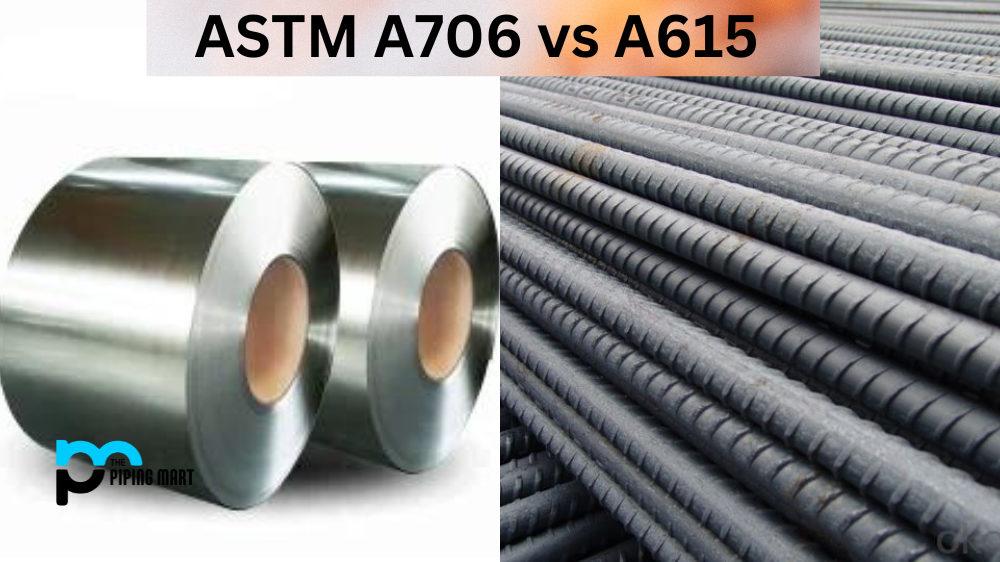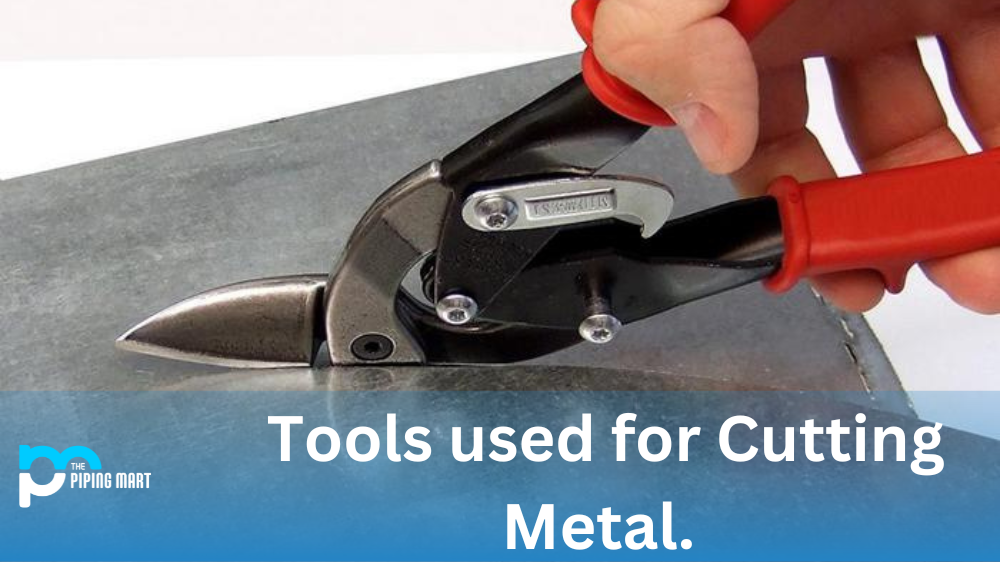If you’re in the market for a new metal alloy, you may be wondering what the differences are between phosphor bronze and stainless steel. Both are popular options when it comes to metal alloys, but they have many distinct properties that make them each better suited to certain applications. Let’s take a look at how these two metals compare.
What is Phosphor Bronze?
Phosphor bronze is an alloy composed primarily of copper and tin, with phosphorus added as a third element. It has excellent corrosion-resistance characteristics and superior electrical conductivity compared to other copper alloys. It also has good strength and ductility properties, which make it ideal for use in wiring applications such as automotive cable harnesses, springs, connectors, switchgear contacts, and relays. The addition of phosphorus also makes it resistant to wear and tear from abrasion or fatigue.
Phosphor bronze is widely used in the aerospace industry due to its low expansion coefficient, which helps reduce stress on components. It is also widely used in marine applications such as boat propellers because of its strong resistance against saltwater corrosion. This makes it an excellent choice for any application where high levels of performance are needed in harsh environments.
What is Stainless Steel?
Stainless steel is an alloy composed mostly of iron with chromium added as a secondary element. This combination gives stainless steel unique properties such as good strength, durability, and corrosion resistance, even when exposed to moisture or saltwater environments. In addition, stainless steel has excellent heat resistance, which makes it suitable for high-temperature applications such as cookware or exhaust systems. Stainless steel is also non-magnetic, which means it can be used in applications where magnetic interference needs to be minimized, such as medical equipment or electronic components like hard drives or circuit boards. Its relatively low cost compared to other metals makes it very attractive for many different types of projects, from construction projects to jewelry making or home appliances like refrigerators and dishwashers.
Conclusion:
In conclusion, both phosphor bronze and stainless steel offer unique properties that make them each better suited to different applications than the other. While phosphor bronze offers excellent electrical conductivity and corrosion resistance, stainless steel offers superior strength, durability, and heat resistance at a lower cost than most other metal alloys on the market today. Whether you’re looking for something that can withstand corrosive environments or just need something strong but still affordable, one of these two metals will likely meet your needs perfectly!

Abhishek is a seasoned blogger and industry expert, sharing his insights and knowledge on various topics. With his research, Abhishek offers valuable insights and tips for professionals and enthusiasts. Follow him for expert advice on the latest trends and developments in the metal industry.




